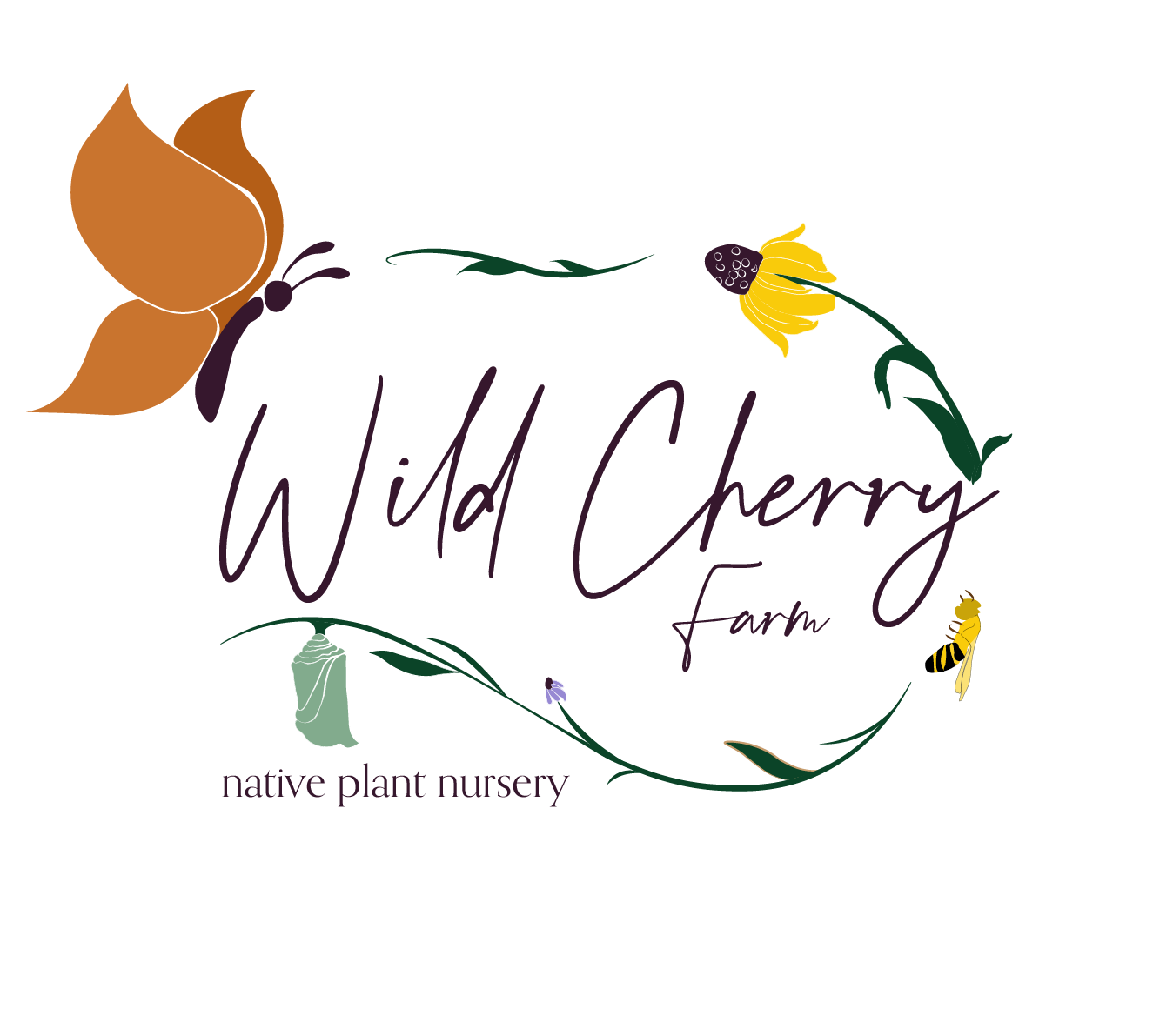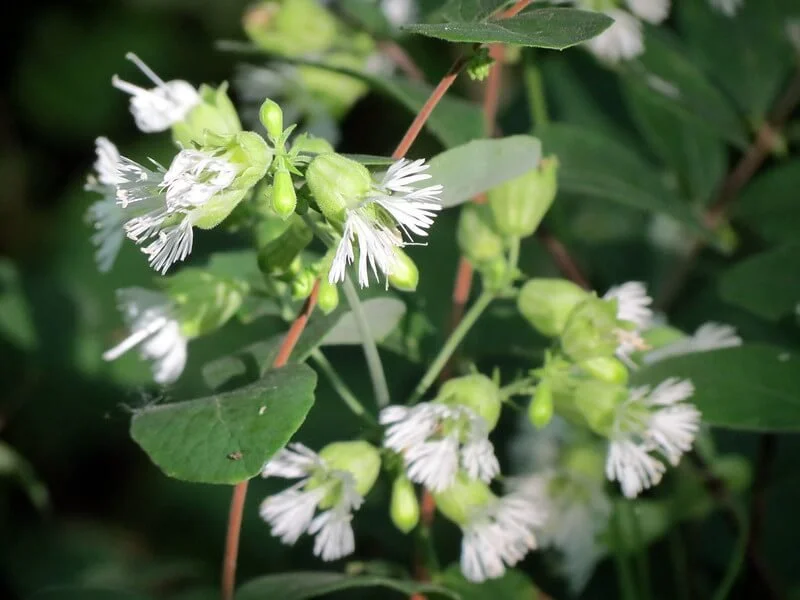Life Cycle: Perennial
Sun Exposure: Partial
Soil Moisture: Medium-dry to Dry
Height: 2-3 feet
Plant Spacing: 1-2 feet
Bloom Time: June-September
Bloom Color: Purplish blue
Advantages: Pollinator Favorite, Deer Resistant
Host plant for:
Species of Concern: State Status: Presumed extirpated (legally 'threatened' if rediscovered). State Rank: Presumed extirpated (mnfi.anr.msu.edu).







